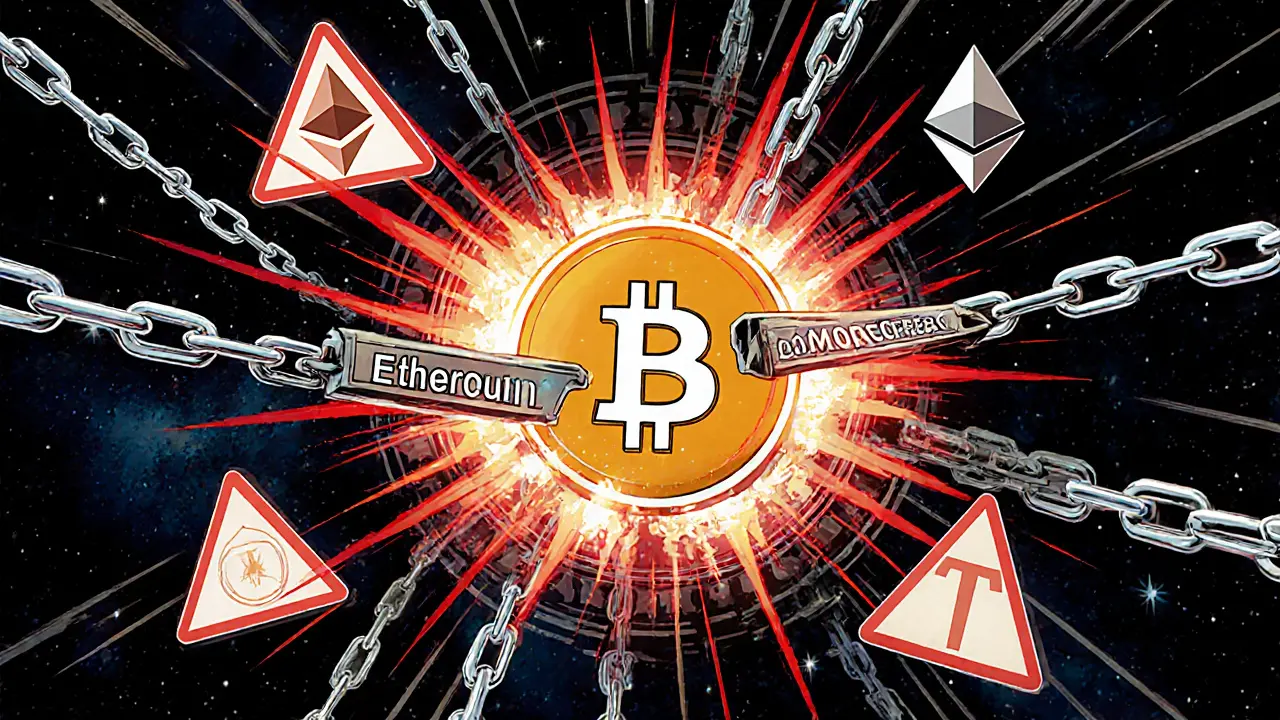When you hear OFAC SDN list, the U.S. government’s official list of individuals and organizations blocked from financial transactions. Also known as Specially Designated Nationals list, it’s not just a bureaucratic document—it’s a live filter that can freeze crypto wallets, shut down exchanges, and erase token values overnight. If a coin’s team, investor, or even a single wallet on its smart contract appears on this list, the entire project can become untouchable—even if it’s otherwise legitimate.
The OFAC SDN list doesn’t just target drug lords or terrorists. It includes crypto exchanges like YOOBTC and Burency Global that operate without proper licenses, projects tied to sanctioned jurisdictions like North Korea or Iran, and even individuals linked to ransomware attacks. That’s why platforms like BitMEX and Winstex got flagged—not because they’re shady by default, but because their users or operators crossed legal lines. Even tokenized stocks like AXPon can be affected if the underlying asset issuer or its custodian is on the list. And if you’re chasing an airdrop like HTD or THN, you’re risking your wallet if the project’s founders or early investors are flagged. The MAS crypto regulations in Singapore and Nigeria’s licensing rules are just local mirrors of the same global enforcement system: if you’re not compliant with OFAC, you’re not compliant with the global financial system.
What does this mean for you? If you trade on no-KYC platforms, invest in low-liquidity tokens like LENDA or SDX, or participate in obscure airdrops like WSPP, you’re playing with fire. These projects often lack transparency, making it easy for bad actors to slip through the cracks. And once OFAC flags a token, exchanges delist it, wallets freeze, and your holdings vanish—not because of market crash, but because the system blocks them outright. The Vietnam crypto market thrives despite restrictions, but even there, users avoid known sanctioned addresses. The blockchain may be decentralized, but the rules that govern access to banks, exchanges, and payment rails are not. You can’t ignore the OFAC SDN list and expect to trade safely. Below, you’ll find real case studies of tokens, exchanges, and airdrops that got caught in its net—and how to steer clear of the same fate.

OFAC now sanctions over 1,200 crypto addresses linked to terrorists, hackers, and state actors. Learn how U.S. sanctions target wallets, stablecoins, and even AI trading bots-and what it means for users and exchanges in 2025.